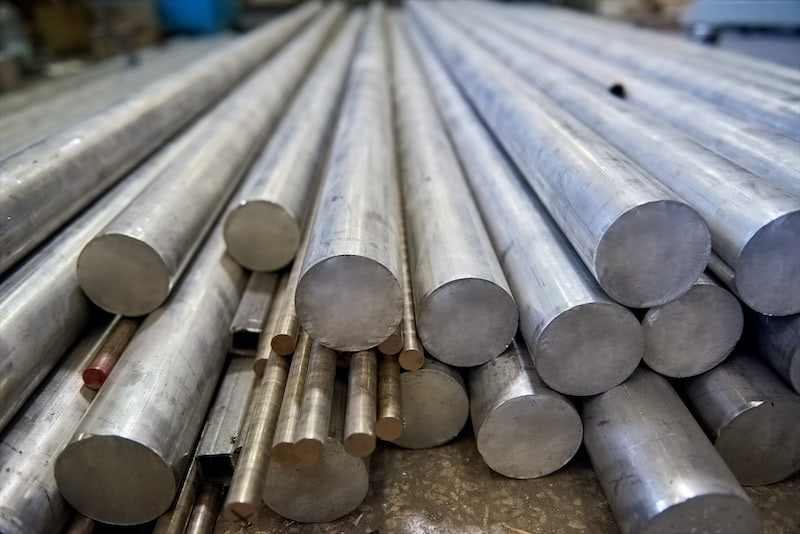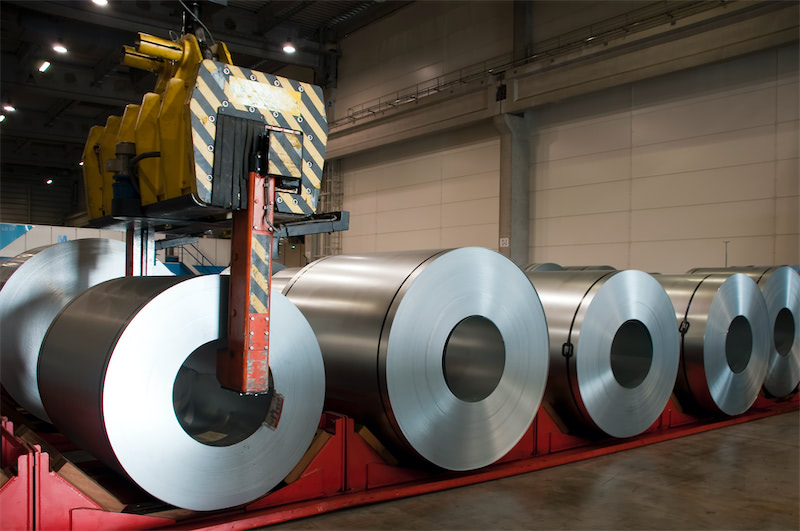[SMM Operating Rate of Steel Mills Using Externally Purchased Billets] According to the SMM survey, as of June 30, the operating rate of steel mills using externally purchased billets (mainly producing construction steel) stood at 13.86%, down 7.71 percentage points from the end of May and 7.07 percentage points YoY.
In June, national construction steel prices fluctuated downward, with a month-end price decline of 33 yuan/mt MoM. Under the weather conditions of frequent rainfall in southern China and high temperatures in northern China, downstream construction activities were hindered, terminal users mostly maintained purchasing as needed, market speculative demand remained weak, and overall transactions were sluggish.
On the cost side, affected by safety and environmental protection inspections as well as coal mine accidents, raw coal supply experienced periodic contraction, and coking coal prices rebounded slightly. After coke price cuts were implemented, coking profits contracted, with some coke plants incurring losses and reducing production, though overall supply remained at a high level. Overall, the current supply-demand imbalance in the raw material sector has eased, and short-term cost support from the raw material side persists.
On the supply side, operating conditions of blast furnace (BF) and EAF steel mills have diverged. BF steel mills maintained decent profits, with pig iron output from blast furnaces remaining at a high level. However, EAF steel mills faced poor profitability, with some electric furnaces proactively conducting equipment maintenance or reducing production hours. As high-temperature weather persists, downstream construction activities may face further restrictions, potentially reducing steel demand and leaving no strong support for EAF steel mills' profit recovery. The construction steel market has entered the seasonal off-season, with overall weak demand. Steel mills using externally purchased billets show limited willingness to purchase high-priced billets, and three additional billet-adjusting plants halted production for maintenance this week.
On the demand side, under high-temperature and rainy weather, terminal construction progress has been significantly constrained, and steel demand continues to exhibit weak momentum. Additionally, numerous domestic steel-consuming entities hold pessimistic expectations about the overall economic outlook, adopting low-inventory strategies, which has led to decreased terminal procurement volumes.
In summary, construction steel prices have sustained declines, and steel mills using externally purchased billets have seen weakened profitability, with three new enterprises halting production this month and their operating rates declining. With persistent high temperatures expected, the supply-demand imbalance may further intensify. Coupled with financial constraints, it is inadvisable to be overly bullish on steel prices. Therefore, it is projected that the operating rate of steel mills using externally purchased billets will remain low in July.
Chart-1: Trend of Operating Rates for Steel Mills Using Externally Purchased Billets (2022-2025)

![Before the holiday, the black chain is unlikely to see a trend-driven market [SMM Steel Industry Chain Weekly Report].](https://imgqn.smm.cn/usercenter/zUFfM20251217171748.jpg)

![[SMM Chromium Daily Review] Inquiries and Transactions Weakened, Chromium Market Showed Mediocre Performance Before the Holiday](https://imgqn.smm.cn/usercenter/ENDOs20251217171718.jpg)
